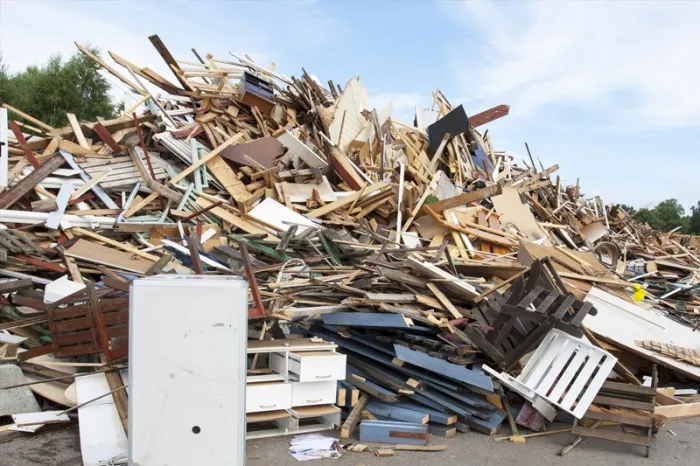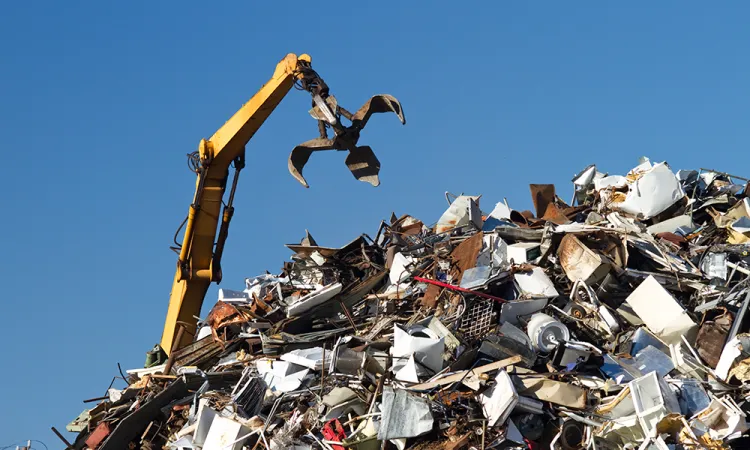- Exterior & Landscape
-
Building & Construction
- Concrete Contractors
- Demolition
- Blocks & Concrete Products
- Structural Engineer
- Road Contractors
- Pre - Engineered Buildings
- Steels & Metals Construction
- Scaffolding
- Soil Test
- Generator
- Heavy Equipments
- Junk Removals
- Waterproofing
- General Contractors
- Pre - Fabricated House
- Portable Containers
- Excavation
- Foundation
- Steel & Metal Fabrication
- Drainage System
- Airport Construction
- Home Maintenance
- Consulting
- Audio Visual System & IT
- Floorings & Wall
- Others
- Furniture
-
Building & Renovation
- Stone & Marble
- Wooden Products
- Gypsum Products
- Building Material Suppliers
- Paint
- Lift & Escalators
- Kitchen & Bathroom
- Fit - Out Contractors
- Specialist Contractors
- Glass
- Kitchen & Bathroom Accessories
- Wall & Wall System Product
- Electrical Contractor
- Mechanical
- Gypsum Work
- Window Suppliers
- Turn Key Contractors
- Door Suppliers
- Ironmongery
- Fire Fighting Contractors
- Building Maintenance
- Permits & Authority Approvals
- Carpentry and Joinery
- Roofing System
- Aluminum
- Lighting
- Railings
- Metal Supplier & Contractor
- Manpower
- Home Solar System
- Design & Decoration
- Events & Exhibitions
- Marine
- About
Scrap consists of recyclable materials left over from product manufacturing and consumption, such as parts of vehicles, building supplies, and surplus materials. Unlike waste, scrap has monetary value, especially recovered metals, and non-metallic materials are also recovered for recycling. Scrap metal originates both in business and residential environments. Typically a "scrapper" will advertise their services to conveniently remove scrap metal for people who don't need it.
Scrap is often taken to a wrecking yard (also known as a scrapyard, junkyard, or breaker's yard), where it is processed for later melting into new products. A wrecking yard, depending on its location, may allow customers to browse their lot and purchase items before they are sent to the smelters, although many scrap yards that deal in large quantities of scrap usually do not, often selling entire units such as engines or machinery by weight with no regard to their functional status. Customers are typically required to supply all of their own tools and labor to extract parts, and some scrap yards may first require waiving liability for personal injury before entering. Many scrap yards also sell bulk metals (stainless steel, etc.) by weight, often at prices substantially below the retail purchasing costs of similar pieces.











